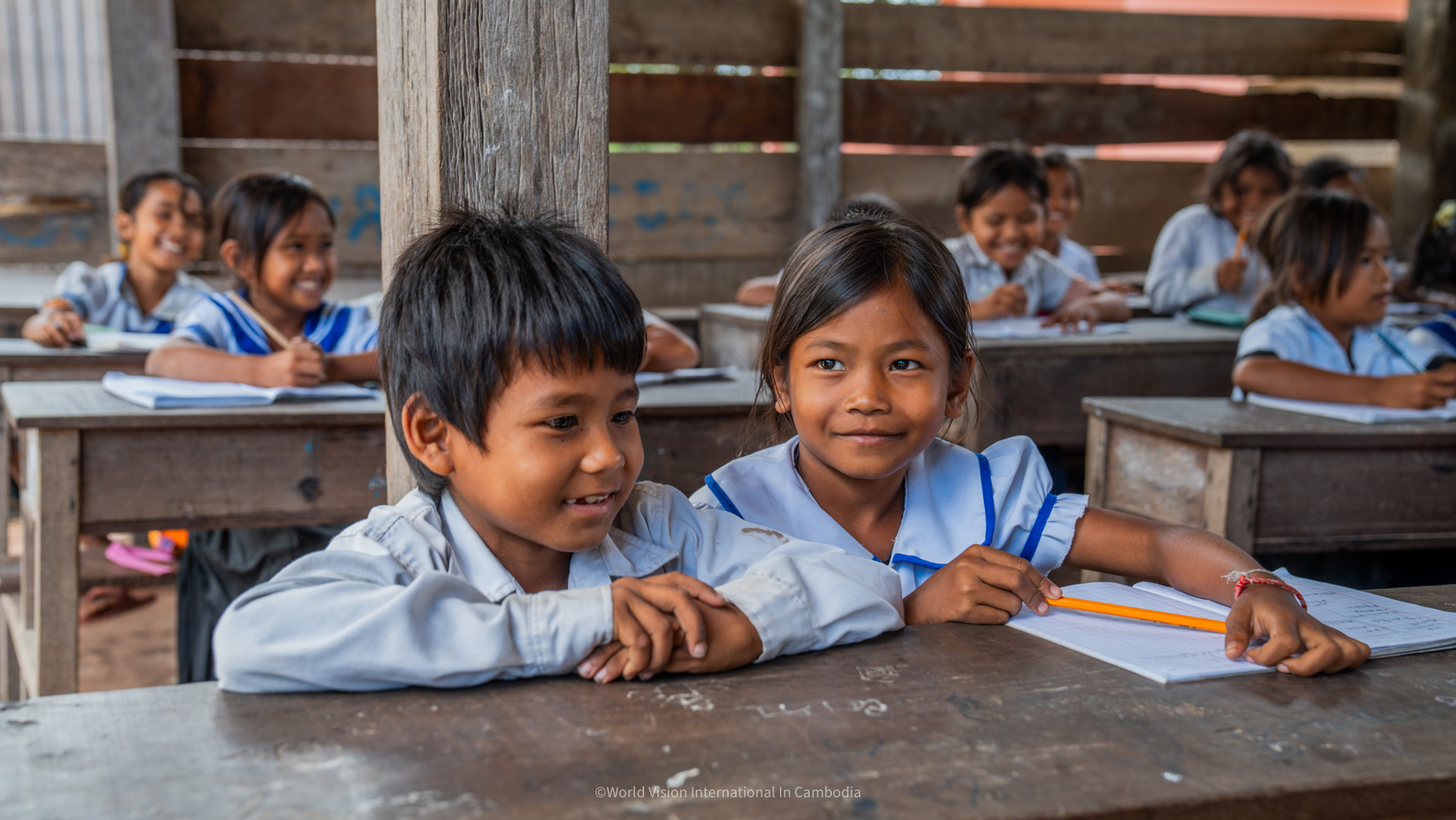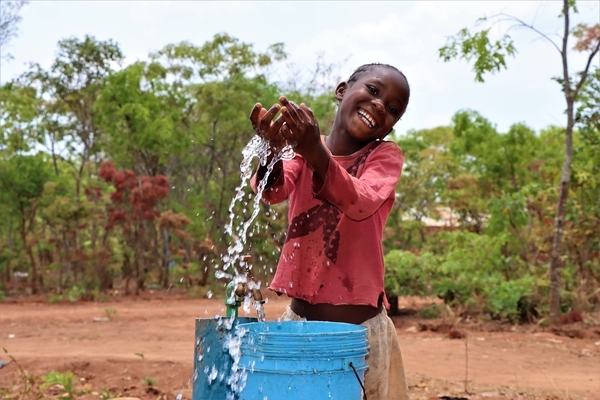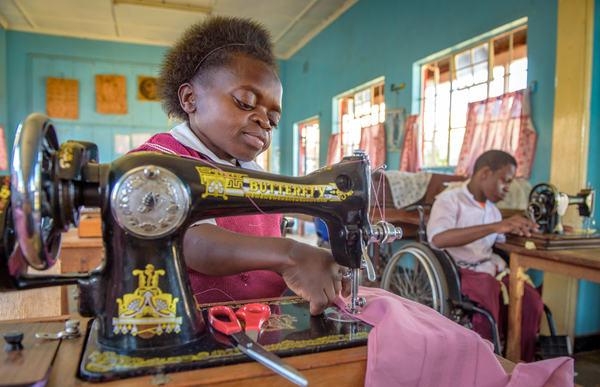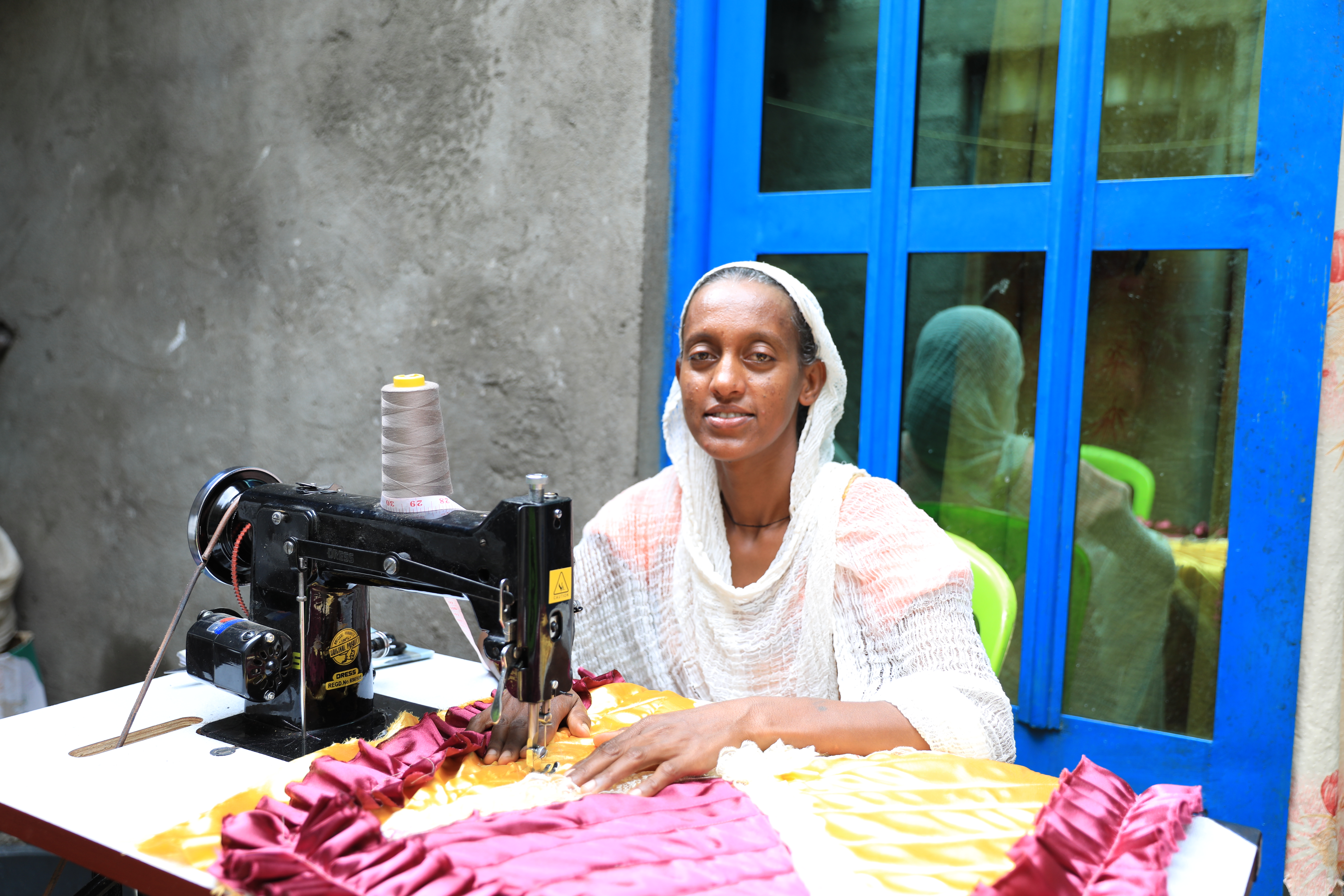World Vision
Thematic Focus Areas
Women & Girls
Disaster Relief
Clean Water
Relief and development organization helping children worldwide by tackling causes of poverty and developing access to clean water, food, health care, education and economic opportunity.
Give Global Blog
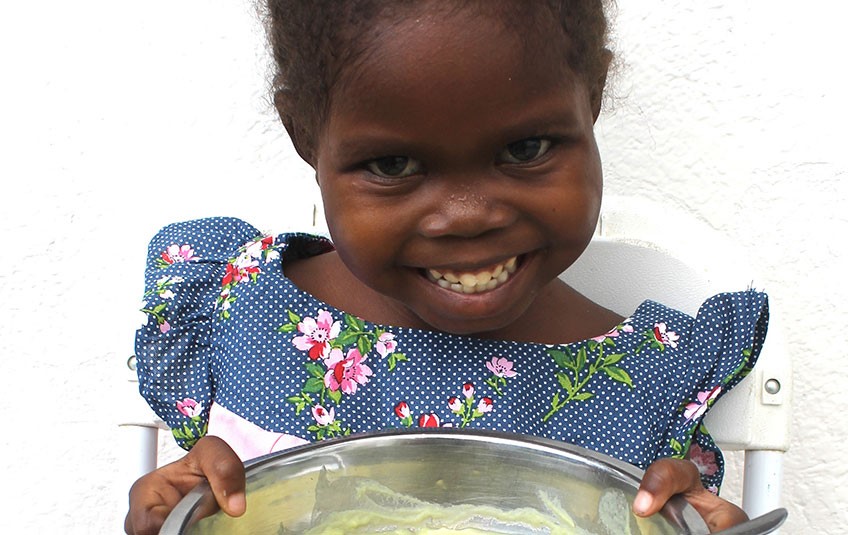
Global Impact’s Charity Alliance is carefully vetted and thoughtfully curated to offer workplace donors like you a wide range of options to give to, so no matter the cause area you’re passionate about or set of beliefs you resonate with, you’re sure to find a charity that’s a good fit. Today, I’m excited to highlight some of our nonprofit partners whose work is uniquely inspired by their faith. Their impactful programs provide food, health care, safe spaces, and humanitarian aid to all who need it, regardless of religious affiliation. Read on for success stories from our partners CMMB, Feed My...
Charity Videos
Charity Impact
Hiwot Hiluf, a woman from the Tigray Region, has had an incredible journey over the past three years. She lives in Hiwane town, 60 kilometers (50 miles) from Mekelle city. She has confronted life’s storms with resilience and courage. Hiwot, a 28-year-old mother of two, had her entire world upended by the conflict that broke out in the region in November 2020. Previously, she used to reside in Adama, but she changed her mind and went back to her hometown. Her decision was for her safety and that of her children. Little did she know that her choice would pose challenges and test her strength and mental well-being. The Tigray armed conflict that started on November 3, 2020, took a toll on Hiwot’s mental health, pushing her into a dire state. Her aspirations for a better life for herself and her children seemed distant. As the situation worsened, Hiwot succumbed...


